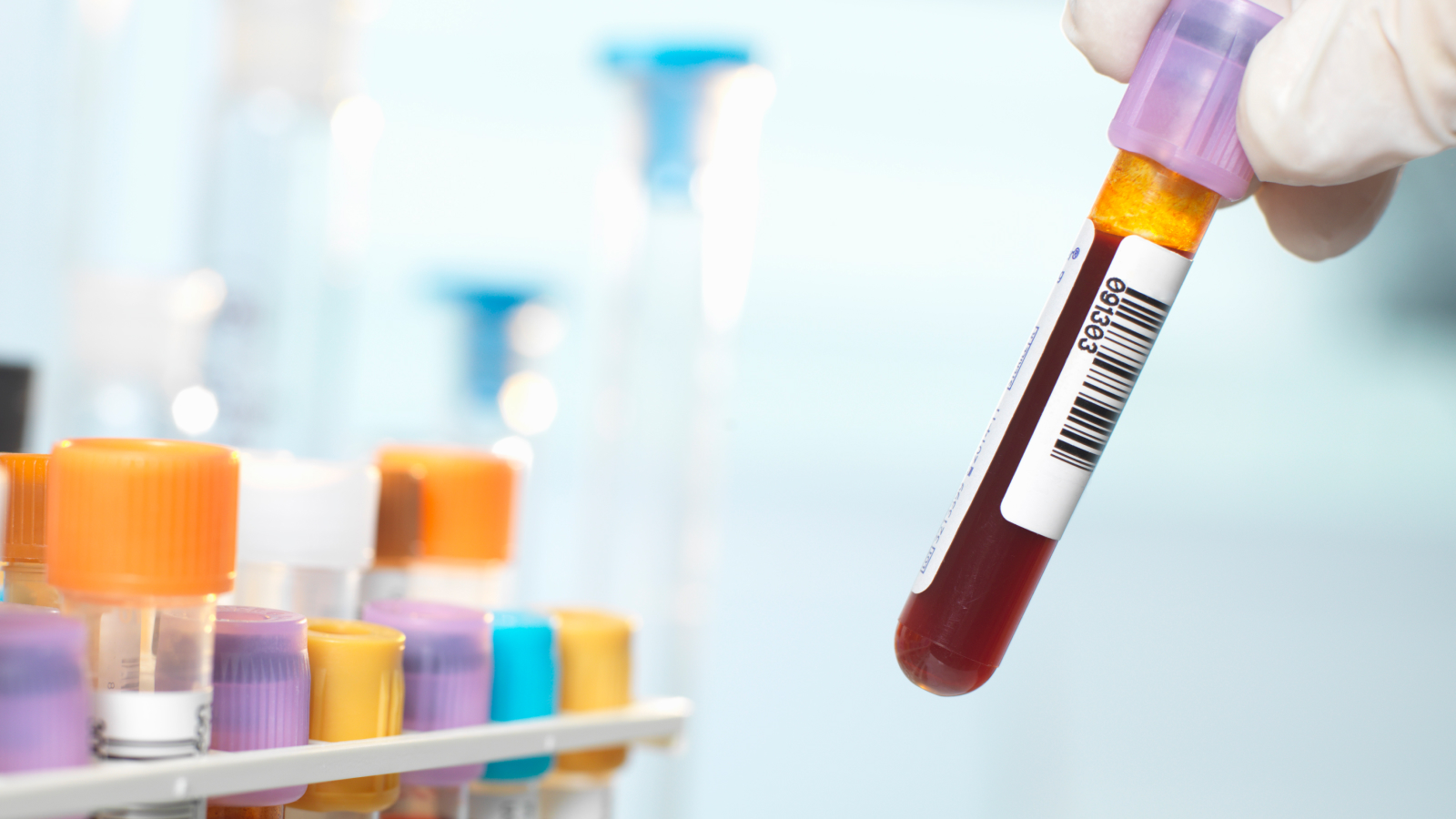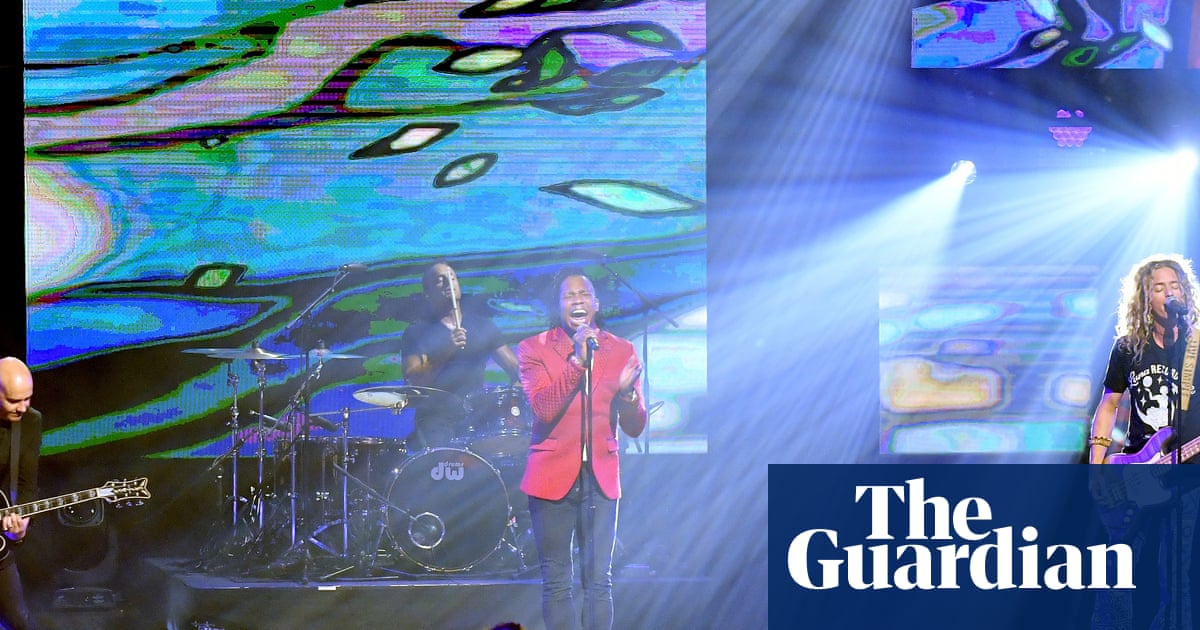‘She is the only person in the world compatible with herself’ — scientists discover new blood type but it’s unique to just one person from Guadeloupe


Scientists have discovered a new blood group that has so far only been identified in one woman, from the French overseas region of Guadeloupe.
The 68-year-old is the only known person in the world to have this blood group, which has been named “Gwada negative,” after a local name for her home islands. The researchers behind the discovery announced their work in a presentation at the International Society of Blood Transfusion’s Congress in Milan, which concluded June 4.
The research team first met the woman in 2011, when she was living in Paris and undergoing routine tests before a surgery. But the tests couldn’t reveal her blood type or any matches for it.
Analysis at the time wasn’t advanced enough to detect the cause, and the case lay cold for eight years.
In 2019, researchers utilized high-throughput gene sequencing analysis, which enables faster and more in-depth analysis of DNA, to re-examine the woman’s blood. Two years of detailed research followed, in which the team sequenced her entire genome.
Human blood group systems are more complex than you might think. These classifications refer to proteins and sugars found on the surface of red blood cells, called antigens, which are recognized by our immune system. Austrian-American biologist Dr. Karl Landsteiner identified the first and most familiar blood group system — ABO — in 1901, and this won him a Nobel in 1930.
Related: How many blood types are there?
The classic ABO blood typing system describes whether people have one, both or neither of the antigens known as “A” and “B” on their blood cells. The second most well-known blood group system is rhesus classification, which considers whether your cells are “positive” or “negative” for an antigen called Rh factor.
Together, the combinations of the ABO and Rh systems give us the eight main blood groups — but there are dozens of lesser known blood group systems, 45 of which were recognized by the International Society of Blood Transfusion (ISBT) as of 2024. Now, Gwada negative has been recognized as number 48.
The woman’s unusual lab test results eventually led to the discovery of a mutation in a gene called PIGZ, which alters how proteins anchor to the surface of blood cells. The woman’s unique mutations mean “she is the only person in the world compatible with herself,” Thierry Peyrard, a biologist at French blood research body Établissement français du sang (EFS), told AFP.
Blood group systems are essential for blood transfusions, as our bodies reject blood group antigens that they perceive as foreign. If we go back to the ABO system, for example, people with both A and B antigens can receive blood from anyone else, as their body recognizes both antigens as familiar. People with the O blood type have neither A or B antigens, meaning they can only receive blood from other type O donors.
While the ABO and Rh systems are still considered the most critical for transfusions, rarer systems can still influence who an individual can receive blood from.
The research team’s next aim is to discover whether there are other people with this unique new blood group. As blood types are genetic and thus often shared by populations with similar ancestries, the team intends to start the search among blood donors in Guadeloupe.
“Discovering new blood types means offering patients with rare blood a better level of care,” the EFS statement says.



